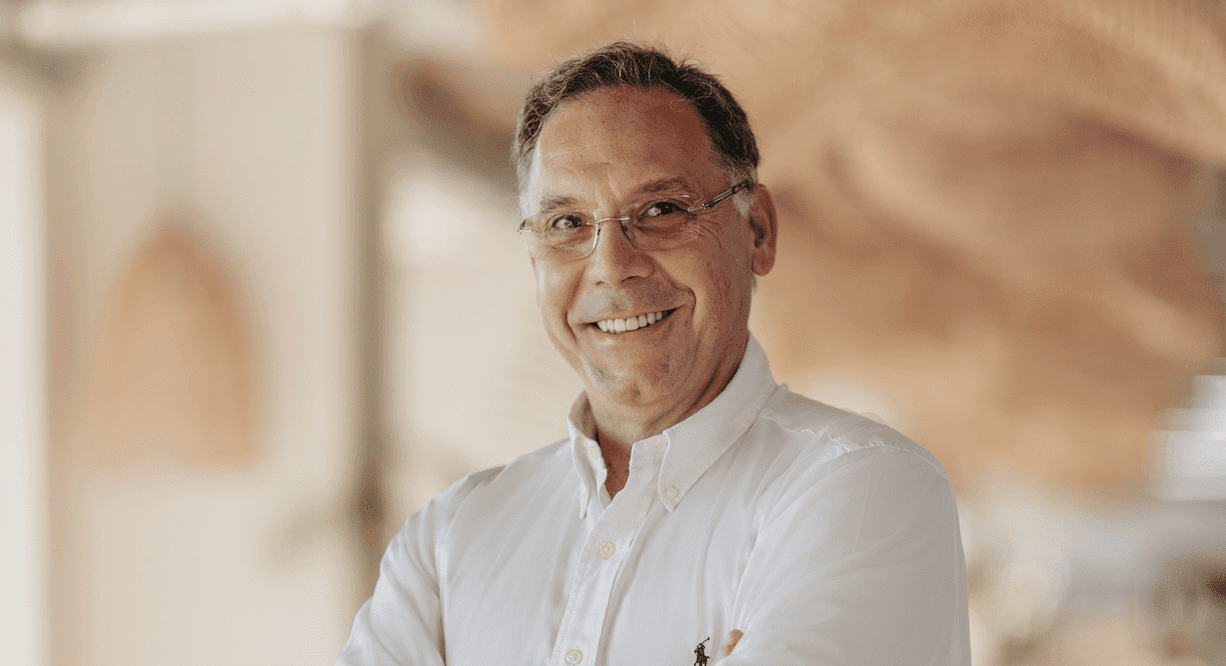Developing the Portugal brand has been identified as a goal by the Government. “A brand takes time to build, and political cycles are, by definition, short,” warns the COO of WYgroup.
It may seem like a paradox, but it’s a reality. The construction of the Portugal brand needs strong sectoral brands, comments João Santos, COO of WYgroup, in statements to +M. “A program to build a strong national brand requires strong sectoral brands. And it won’t be able to support all of them, but rather those that play this synergy game between brands. If we want to be a technological country, we must support the construction and development of technological brands; if we want to be a country with high added value sectors, that’s where our investment must go. International brands are essential for the value they create to remain and consolidate in our country,” he believes.
He continues, “If the Portugal brand is an incentive for exporting without a brand, we will all be wasting time and resources, as we will continue to help develop an economic fabric based on low wages and, above all, labor-intensive work.” The need to invest in brand construction has been advocated by the group’s leader, even in +M. “Much of what we do with quality and skill is sold without a brand or with third-party brands. Many of our industries produce for international brands, but we are unable to produce under our own brand and establish it. Both must go hand in hand,” he emphasizes, recalling that the brand of origin helps the product brand, and the product brand helps confirm the origin brand. “Consider what we think when we look at the Germany brand and what helps confirm that when we think of Bosch, Siemens, Porsche, Mercedes, BMW, Audi, among many others,” he points out as an example.
The professional’s opinion comes in light of one of the measures presented in July, when the Government unveiled the package of “60 Measures to Accelerate the Economy.” Objective number 36 is clear: “Affirm the Portugal brand in the global context.” To achieve this, as stated in the measure’s description, the idea will be “to develop an action plan for the development of the ‘Marca Portugal’ concept across all economic sectors of the country, in order to affirm its products and services with higher added value in global chains.” The plan, the Executive continues, “will be based on dimensions such as knowledge, innovation, security, creativity, quality, and sustainability.”
While the goal seems clear, execution is more complex. About two and a half months after the announcement—made at the very start of summer—the ‘terms of reference’ have still not been released, but the topic continues to be affirmed as a priority. “The Ministry of Economy is committed to developing a robust value proposition to strengthen the Portugal brand in a global scenario,” responds the ministry led by Pedro Reis to +M when asked about the progress of the measure. “We are working internally, based on best practices implemented in various exporting sectors, and side by side with some of our agencies, particularly AICEP, in addressing this issue,” concludes the ministry.
In statements to +M, João Santos reminds us that the initiative to create and develop the “Marca Portugal” is not new but is of utmost importance. “As a positive person, I see this simple measure as a very relevant and timely strategic initiative, and I regret that this is not the only measure in this broader plan from which all others should draw inspiration and depend,” he points out. Without further details on the Government’s objectives, João Santos states that Portugal needs a plan that aids in its differentiation and competitiveness, values its strategic sectors, attracts more and better foreign investment, and helps strengthen national identity and cohesion. “If the few lines describing the plan align with these objectives, I believe it is worth supporting and helping to implement.”
Regarding implementation, “the devil is always in the details,” as the saying goes. “A plan of this magnitude and with the right ambition cannot be designed to last just one legislative term. Not even a decade,” warns the manager and marketing and communication expert. “If we want to be serious about its implementation and do something that goes beyond mere public relations to appear in economic segments of TV, radio, and press, the plan must be coordinated and adjusted with various political forces so that it is not undermined in the next power rotation. A brand needs time to be built, and political cycles are, by definition, short for these goals,” cautions the COO of the communication group founded by Pedro Janela. “What is our model for the country? Which sectors do we want to focus on? Which areas must our development rely on, and how can we leverage them? How can we involve different partners and stakeholders? How will we differentiate ourselves?” he questions, emphasizing that these issues need to be addressed for the plan to be more than just an intention.
Regarding how he evaluates the Portugal brand today, João Santos acknowledges that, largely thanks to Tourism of Portugal, the country now has a very different international image for the better than it had a few decades ago. “The world has discovered Portugal, but we have yet to learn how to leverage these visitors to explain a bit better who we are and what we do. The Portugal brand must start here, with those who are ready to get to know us right away,” he summarizes.
Article originally published in ECO.
